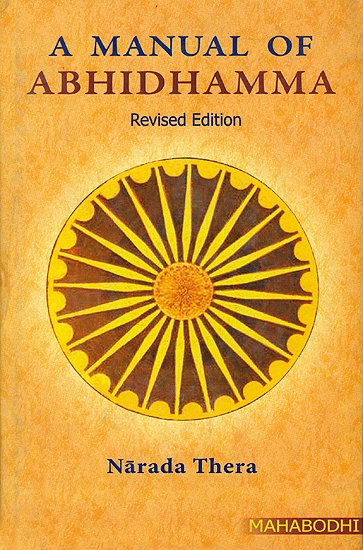Abhidhamma in Daily Life (by Ashin Janakabhivamsa)
by Ashin Janakabhivamsa | 66,666 words
English translation of "Abhidhamma in Daily Life" by Professor Ko Lay. Revised by Sayadaw U Silananda, International Theravada Buddhist Missionary University, Yangon, 1999...
Part 3 - Effect On Others
There are cases in which some person unfortunately suffered the ill effect in lieu of the doer. In such cases the doer escaped the bad resultant effects due to some form of protection *, but someone else very close to him such as his parents, teachers, children, servants, disciples or donors had to suffer in his place. People would then say, “Poor creature became the victim of kamma.” The actual doer, who is responsible for the evil, will also feel sorry for the poor victim though he escaped the ill effects of his own misdeed. It may be seen therefore he is not altogether free from some suffering.
Note:
From the point of view of astrology, if the doer of evil is under his lucky constellation, he would not suffer from the evil effects, which are diverted to some relative, servant or family member.
Same Kamma, Different Results
In this world there are good virtuous persons as well as bad, evil ones. Let us suppose a good person and a bad person did the same petty evil deed. The good one will not suffer much because his good kamma will over-rule the single misdeed. But for the bad person, since he has no good kamma to cover him, will be fully effected by the evil results.
For example, at night, a rich man’s son and an opium-addict prowled around to snatch some chicken. The rich man’s son actually stole a hen and ran away but was caught by the owner. Seeing the rich man’s son the owner let him go because he dared not accuse him as a thief, he even apologized to the lad. But he charged the opium-addict with theft and put him in jail.
If you put in one viss of salt into the Ayeyarwaddy river, the taste of water remains unchanged. In the same way if you commit a petty evil deed while you have accumulated many good kamma, the small evil deed will cause no noticeable ill effect. But if you put one viss of salt into your pot, the water will go salty, in the same if you have accumulated only a few kusala (merit), a corresponding amount of evil will nullify your good kamma results.
Kusala kamma and akusala kamma can counteract each other. A small evil can in no way hinder a large quantity of good kamma kusala. But if you have only a small amount of kusala, a small evil will render your good kamma null and void. The moral lesson for the righteous is to do as many good deeds as possible and accumulate as much kusala as you can.
